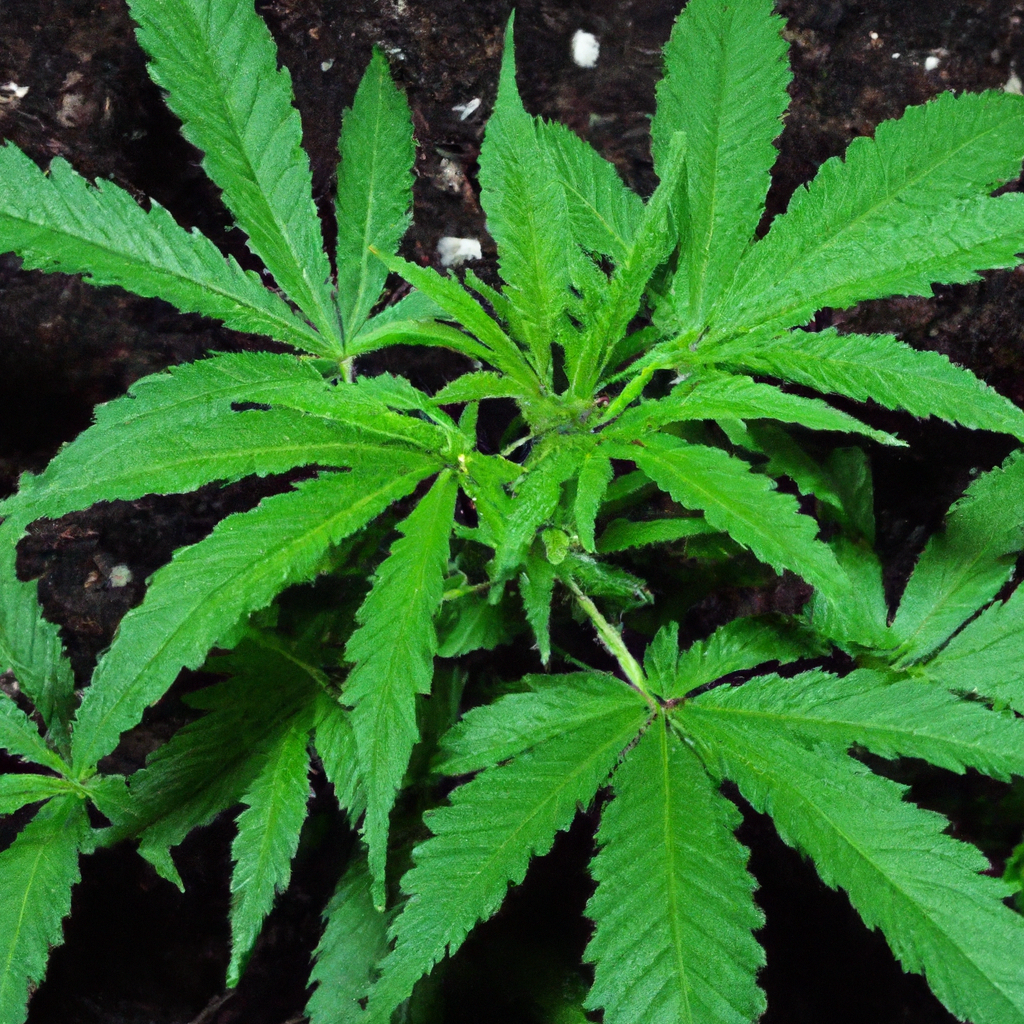Your cart is currently empty!
In the world of cannabis cultivation, achieving robust growth often starts from the ground up—literally. The health of your soil plays a crucial role in determining the vigor of your cannabis plants. Whether you are a novice grower or looking to refine your techniques, understanding soil health practices can immensely benefit your harvest. In this article, we delve into practical tips, identify common challenges, and propose actionable solutions to optimize your soil for cannabis cultivation.
Understanding Soil Health
Soil health refers to the sustainable acquisition and management of soil’s biological, chemical, and physical properties for optimal plant growth. Healthy soil is teeming with life, from beneficial microbes to essential nutrients, all working together to support plant health. Here’s why it matters:
- Nutrient Availability: Healthy soil ensures that nutrients are available to plants when needed.
- Microbial Diversity: Supports beneficial microbes that protect against pathogens and enhance plant resilience.
- Water Retention and Drainage: Proper soil structure retains moisture without becoming waterlogged.
Key Practices for Enhancing Soil Health
To maintain or improve soil health, consider integrating these practices into your cannabis cultivation efforts:
- Composting: Use organic compost to introduce a rich variety of nutrients and microbes into the soil. Homemade compost or commercially available blends can revitalize worn-out soil.
- Cover Cropping: Planting cover crops, such as clover or rye, helps prevent soil erosion, suppresses weeds, and enhances nutrient cycling. These crops can be cut and used as green mulch, further nourishing the soil.
- Soil Testing: Regularly test your soil to identify nutrient deficiencies or imbalances. Testing allows for precise amendments, ensuring plants get what they need without causing toxicity.
Common Soil Challenges and Solutions
Even with the best practices, growers may face soil-related challenges. Here are common issues with practical solutions:
- Compaction: Compacted soil restricts root growth and water infiltration. To remedy this, aerate the soil by tilling or using a garden fork to improve porosity.
- Nutrient Deficiencies: Signs of deficiencies, such as yellowing leaves, necessitate a soil test followed by targeted amendments with nutrients like nitrogen, phosphorus, or potassium.
- Pest Issues: While healthy soil can prevent infestations, soil-dwelling pests can still pose a problem. Introducing beneficial nematodes can effectively control pest populations without chemical interventions.
Conclusion: Prioritize Soil for Budding Success
Healthy soil lays the foundation for thriving cannabis plants, influencing everything from root development to disease resistance and yield quality. By embracing smart soil management practices, you invest in the long-term sustainability of your cannabis cultivation. Remember, successful growers always consider the ground beneath their plants as a dynamic and living part of the ecosystem.
Whether utilizing compost, engaging in cover cropping, or actively managing soil challenges, these practices can transform your soil into an optimal growing environment. Prioritize soil health today for a more productive, resilient, and rewarding cannabis cultivation journey.
Discover more from Magic Clones
Subscribe to get the latest posts sent to your email.


Leave a Reply